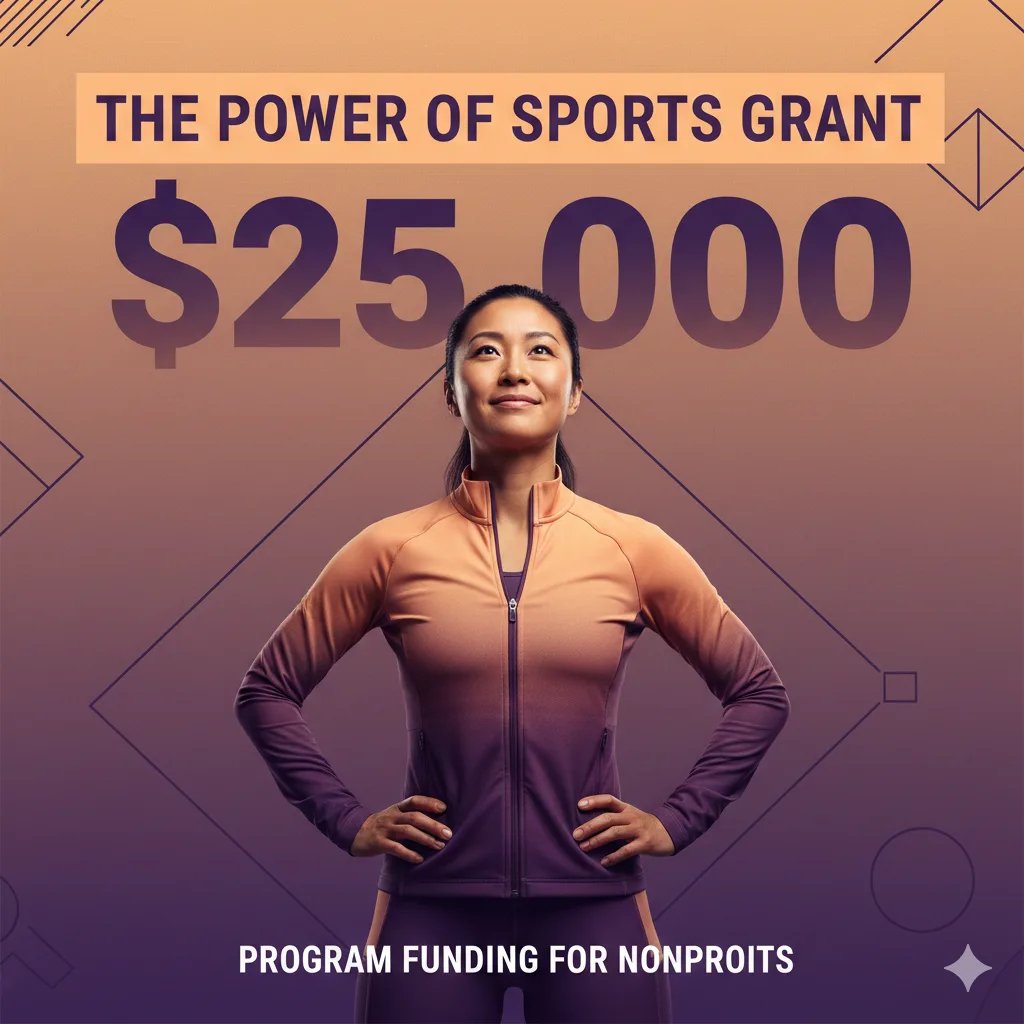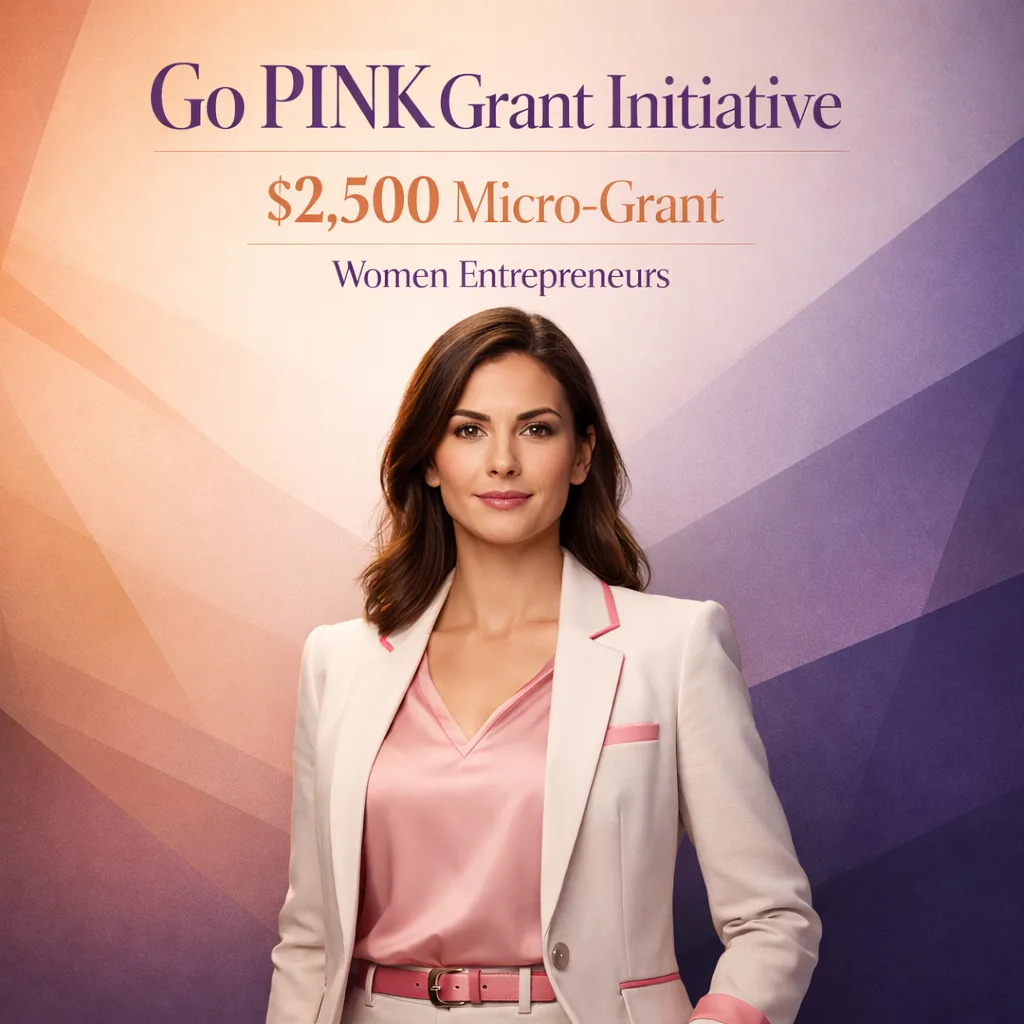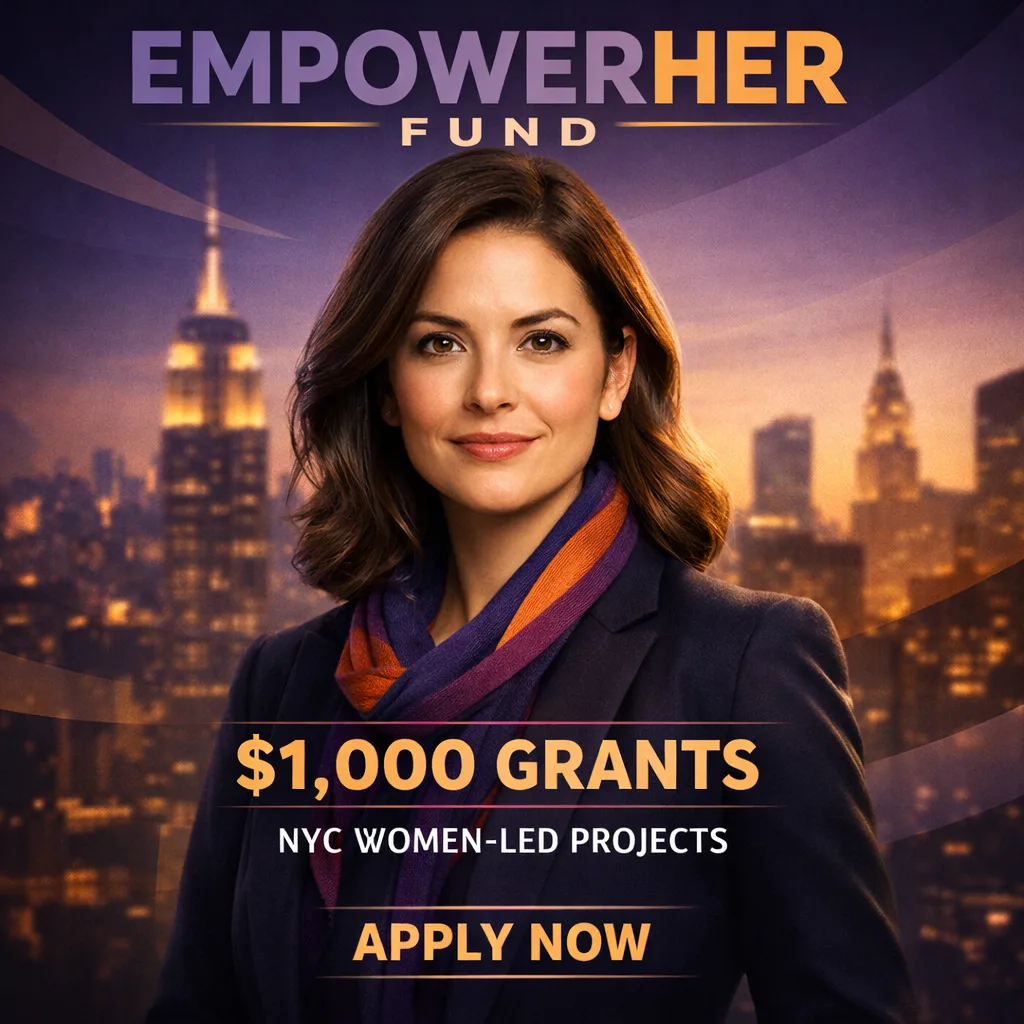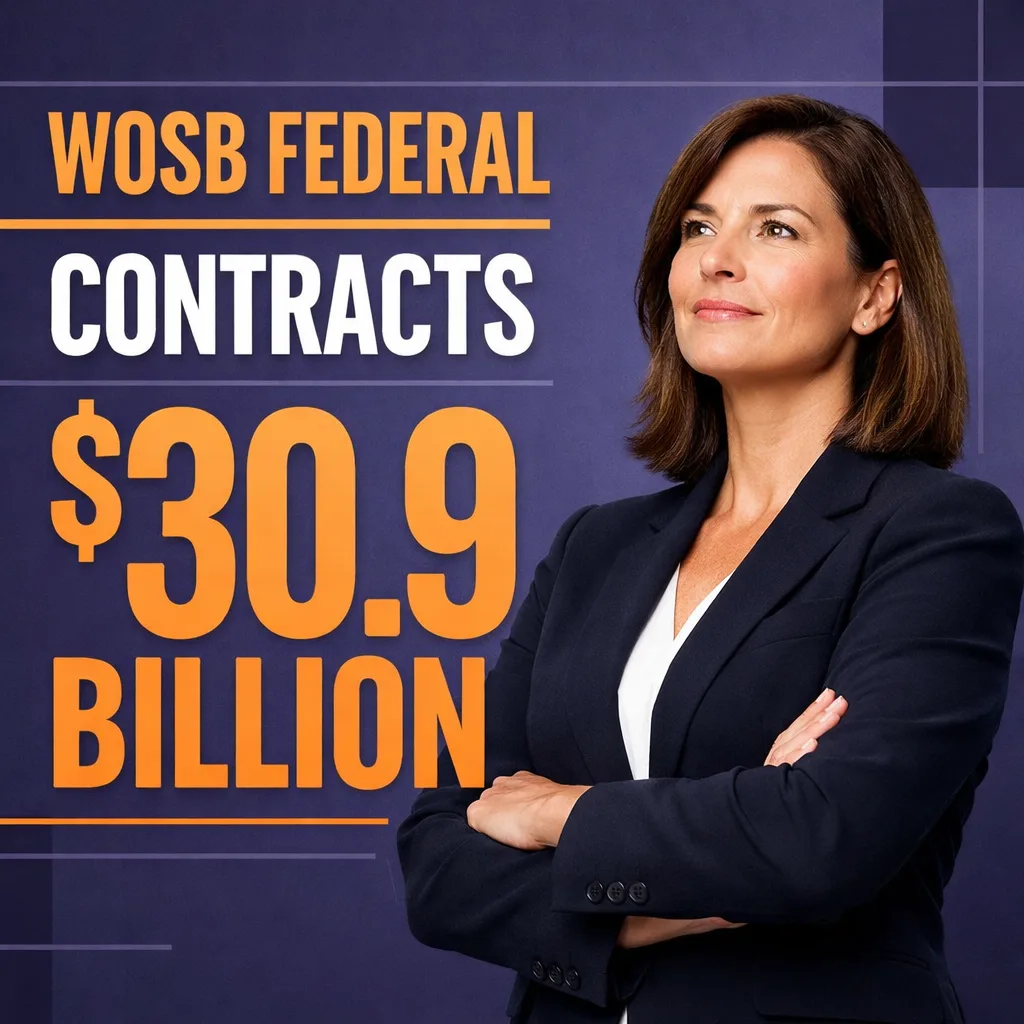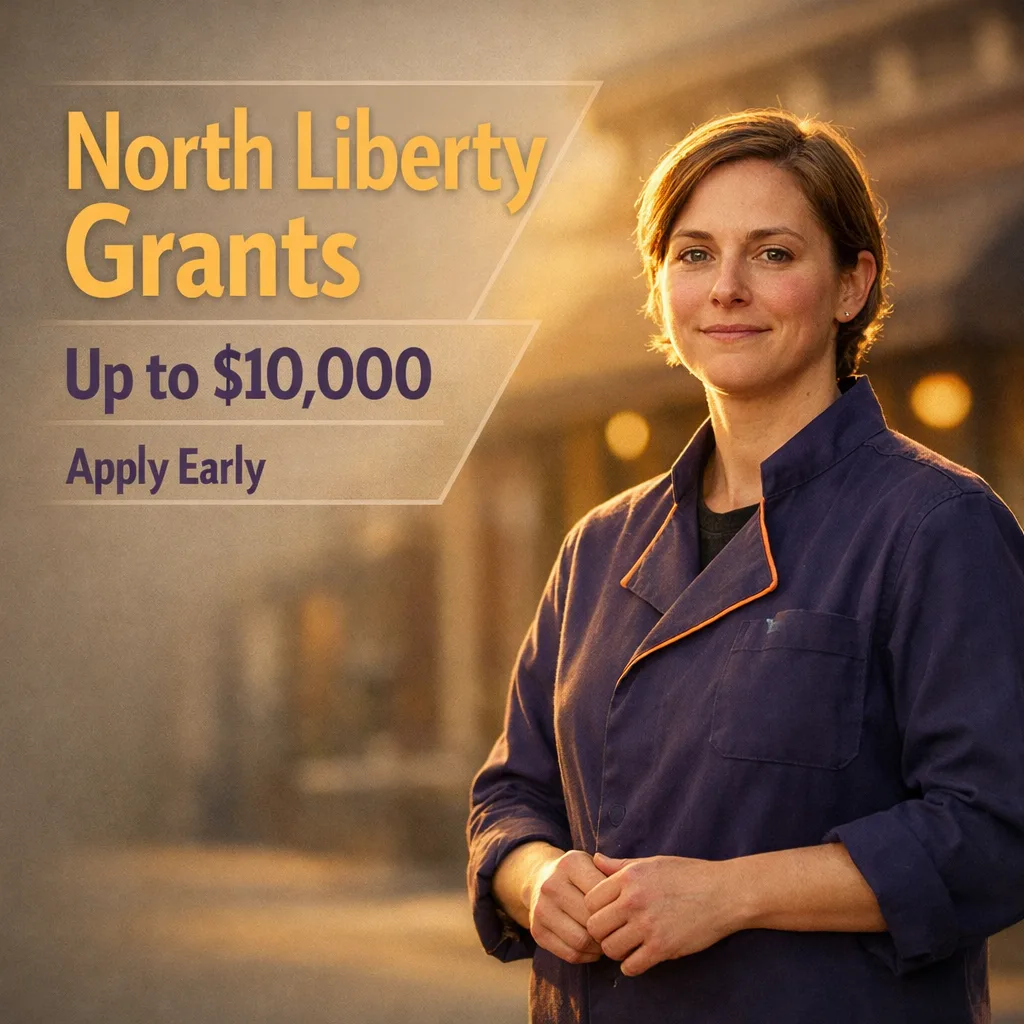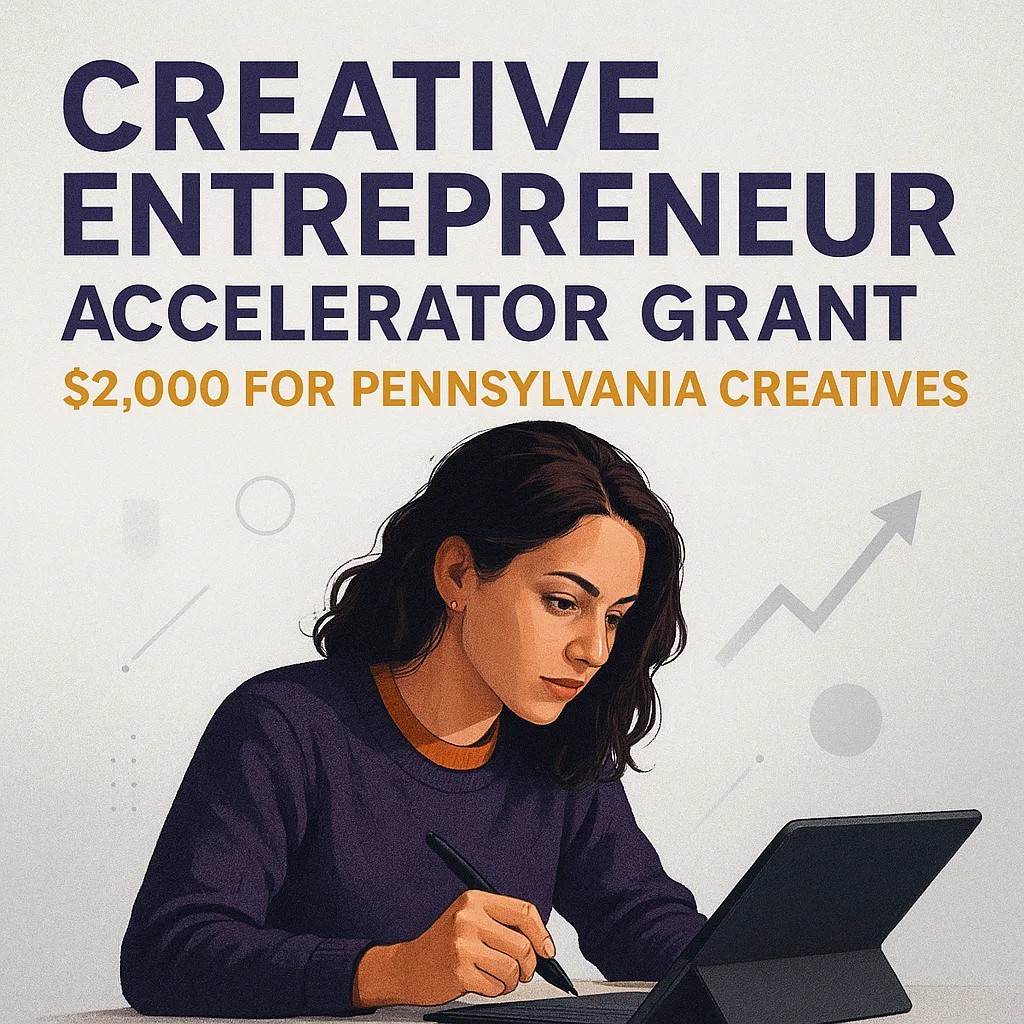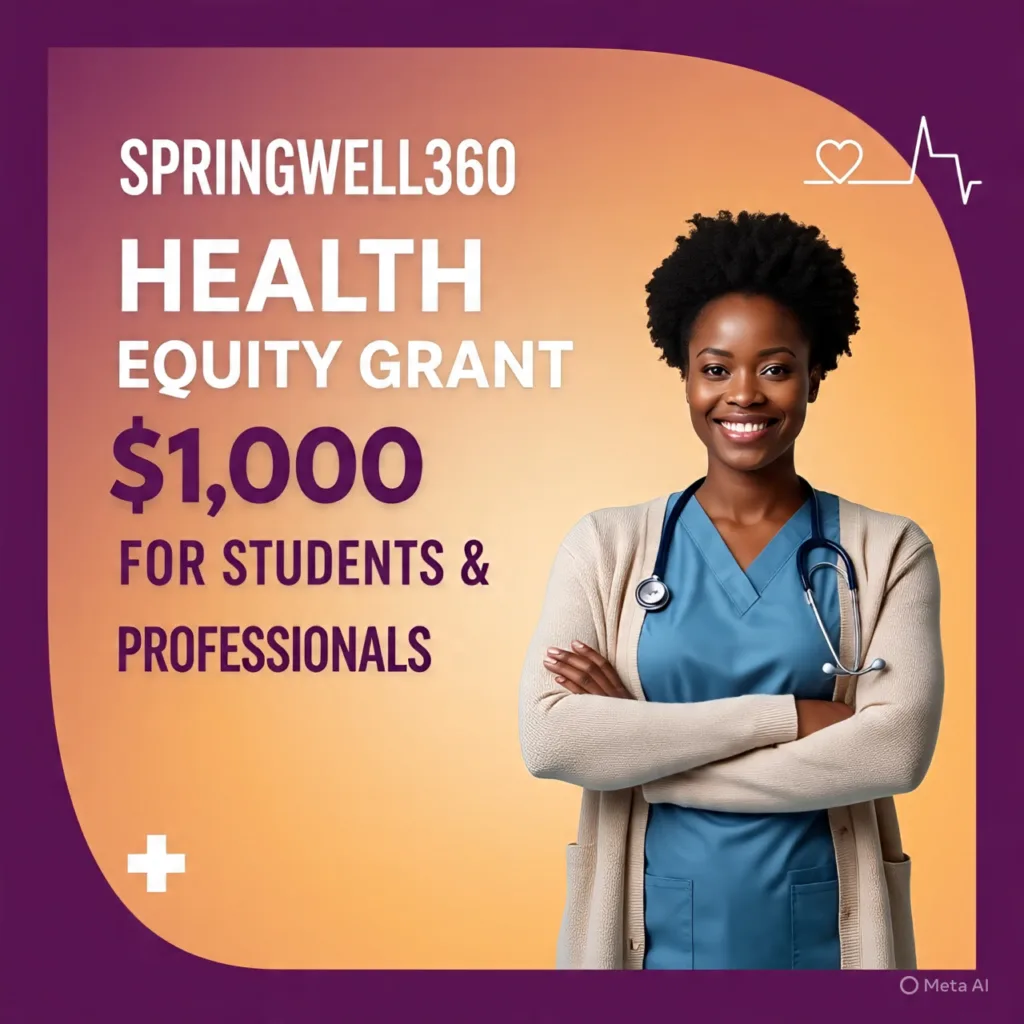
SpringWell360 Health Equity Grant: $1,000 for Students and Professionals
$1,000 grant for students & professionals advancing health equity. Deadline Aug 1, 2025. Support underserved communities & address health disparities.
Grant Overview
$1,000 Health Equity Grant for Students, Professionals, Projects, & Nonprofits
Donor: SpringWell360 LLC
About: Look, $1,000 isn’t going to revolutionize healthcare overnight. But here’s what I’ve learned after years in the grant world – sometimes the most meaningful change happens when passionate people get just enough resources to test their ideas. The SpringWell360 Health Equity Grant gets this.
Dr. Nadine Spring didn’t create this grant because she had extra money lying around. As someone who’s spent her career advocating for diversity in clinical trials and addressing healthcare disparities, she understands that health equity work often starts small, at the community level, with people who see problems that bigger institutions miss.
And that’s exactly who this grant targets. Students working on capstone projects. Healthcare workers who notice gaps in their daily practice. Community advocates who’ve identified specific barriers their neighbors face. The application is refreshingly straightforward – project proposal, budget breakdown, and questions about your commitment to health equity. No 47-page forms or letters from three board members.
The Real Story Behind SpringWell360
SpringWell360 exists because Dr. Spring recognized the crucial role clinical trials play in healthcare, but more importantly, she saw who was being left out of those trials. With her background spanning Morehouse School of Medicine, Emory University School of Medicine, and a PhD in Public Health from Walden University, she’s not some distant academic – she’s worked in the trenches of clinical research and public health.
This matters for your application because it tells you exactly what they value. They’re not looking for theoretical projects or research papers. They want initiatives that will actually reach people who’ve been historically excluded from quality healthcare.
What Actually Gets Funded Here
Let’s get specific. Based on their focus areas, winning projects typically fall into these categories:
Community health screening programs that go where people are – churches, community centers, mobile units that show up at farmers markets. Educational initiatives that bridge language and cultural barriers. Digital tools that make health information accessible to communities that traditional healthcare often overlooks.
But here’s what separates funded projects from rejected ones: specificity. Don’t propose to “improve healthcare access for minorities.” Instead, focus on “reducing cervical cancer screening disparities among Latina women ages 25-45 in metro Atlanta by partnering with local churches to provide culturally competent education and mobile screening services.”
See the difference? One shows you understand the complexity of health equity work. The other sounds like you skimmed a Wikipedia article.
The Budget Reality Check
A thousand dollars goes further than you might think if you’re strategic. Successful applicants typically structure their budgets like this:
– Educational materials and community outreach supplies: $400-500
– Partnership and community engagement costs: $200-300
– Technology or program development: $150-250
– Administrative expenses: $50-100
The key is showing every dollar directly serves your target community. They don’t want to fund your conference attendance or office supplies. They want to see community impact.
Who Should Actually Apply
Students, yes, but not just any students. The ones who’ve identified real problems through their coursework or clinical rotations and have practical ideas for addressing them. Healthcare professionals who see disparities in their daily work and want to pilot solutions. Community health workers who understand their neighborhoods’ specific barriers.
What unites successful applicants isn’t their degree or job title – it’s their ability to connect personal experience with community need and propose concrete, achievable interventions.
Application Strategy That Works
Here’s what I’ve noticed about strong health equity grant applications: they tell stories. Not emotional manipulation, but clear narratives that connect problem identification to solution development.
Start with a specific observation. Maybe you noticed during nursing school that Spanish-speaking patients consistently had worse medication adherence. Or you realized your community lacks mental health resources that account for cultural stigma around therapy. Then explain exactly how your project addresses that specific gap.
Your passion matters, but so does your plan. They want to see you’ve thought through implementation challenges, community partnerships, and how you’ll measure success. A well-researched project proposal beats passionate but vague enthusiasm every time.
The Timeline Truth
August 1, 2025 deadline means you have time to do this right, but don’t wait until July to start. Applications likely get reviewed as they come in, and early submissions often have advantages simply because reviewers haven’t seen fifty similar projects yet.
Why This Grant Matters Beyond the Money
SpringWell360’s goal is comprehensive wellness services that promote physical, mental, and emotional well-being for all. Getting funded here isn’t just about the $1,000 – it connects you to their network of health equity advocates and gives you credibility for future funding opportunities.
Grant recipients agree to acknowledge SpringWell360 in their projects, which suggests they’re building a community of changemakers. That acknowledgment requirement isn’t bureaucratic busywork – it’s networking disguised as a compliance issue.
The Application Components That Matter Most
Project proposal: Be specific about the problem, your target population, your intervention, and expected outcomes. Include implementation timeline and partnership plans.
Budget breakdown: Show how every dollar directly serves your community. Avoid personal compensation unless absolutely necessary and fully justified.
Commitment questions: Don’t just say you care about health equity. Explain how your personal or professional experience led you to identify this specific problem and why you’re the right person to address it.
What They Don’t Want to See
Generic proposals about “improving healthcare access.” Projects that benefit you more than your target community. Budgets heavy on administrative costs or personal compensation. Applications that treat health equity as an abstract concept rather than addressing specific, measurable disparities.
This isn’t a traditional academic grant where theoretical frameworks matter more than practical implementation. SpringWell360 funds action, not analysis.
The Competitive Landscape
You’re not competing against massive medical centers or established nonprofits. You’re competing against other individuals and small organizations with community-focused projects. Your advantage comes from specificity, feasibility, and genuine community connection.
The application process is designed to be accessible, which means competition comes down to who best understands their target community’s needs and has the clearest plan for addressing them.
Building a competitive application takes time and research, but the payoff extends beyond this single grant. If you’re serious about developing a project that stands out and want expert guidance on structuring your proposal and budget, professional insight can make the difference between a good idea and a funded project. Explore other minority-focused funding opportunities or get personalized help with your grant application to maximize your chances of success.
Focus: Health equity, health disparities, clinical trials diversity, community health, underserved populations, healthcare access, public health, minority health
Region: United States
Eligibility:
– Students enrolled in any educational program
– Healthcare professionals and researchers
– Community health advocates and workers
– Individuals or organizations focused on health equity initiatives
– Must demonstrate clear commitment to addressing health disparities
– Complete project proposal and budget breakdown required
Benefits:
– Financial Award: $1,000 grant funding
– Professional Recognition: Platform to showcase health equity work
– Network Access: Connection to SpringWell360’s health advocacy community
– Project Implementation: Resources to pilot health equity initiatives
Deadline: August 1, 2025
Terms:
– Health Equity: Equal opportunity for all people to achieve optimal health regardless of race, ethnicity, gender, income, or location. Your project must address specific barriers preventing certain groups from accessing quality healthcare.
– Project Proposal: Detailed description of your initiative including problem identification, target population, proposed intervention, implementation plan, and expected outcomes. Must be specific and actionable, not theoretical.
– Budget Breakdown: Itemized list showing how you’ll spend the $1,000, with justification for each expense and clear connection to community benefit. Administrative costs should be minimal.
– Community Impact: Measurable benefit to your target population, demonstrated through specific outcomes like increased screening rates, improved health education, or enhanced healthcare access for underserved groups.
How to apply for this grant
We are your trusted grant application partners. You can navigate the entire grant application process with our expert guidance through this simple 5-step process.
Step 1: Application Form
Fill out the “Apply for this grant” form with your information and grant requirements.
Step 2: Eligibility Assessment
Our grant experts will assess your eligibility and notify you via email.
Step 3: Expert Consultation
A dedicated grant expert will be assigned to discuss next steps for your application.
Step 4: Application Submission
Our expert will help you complete and submit your application with all required materials.
Step 5: Final Decision
The grant committee will make their decision and notify successful applicants.

